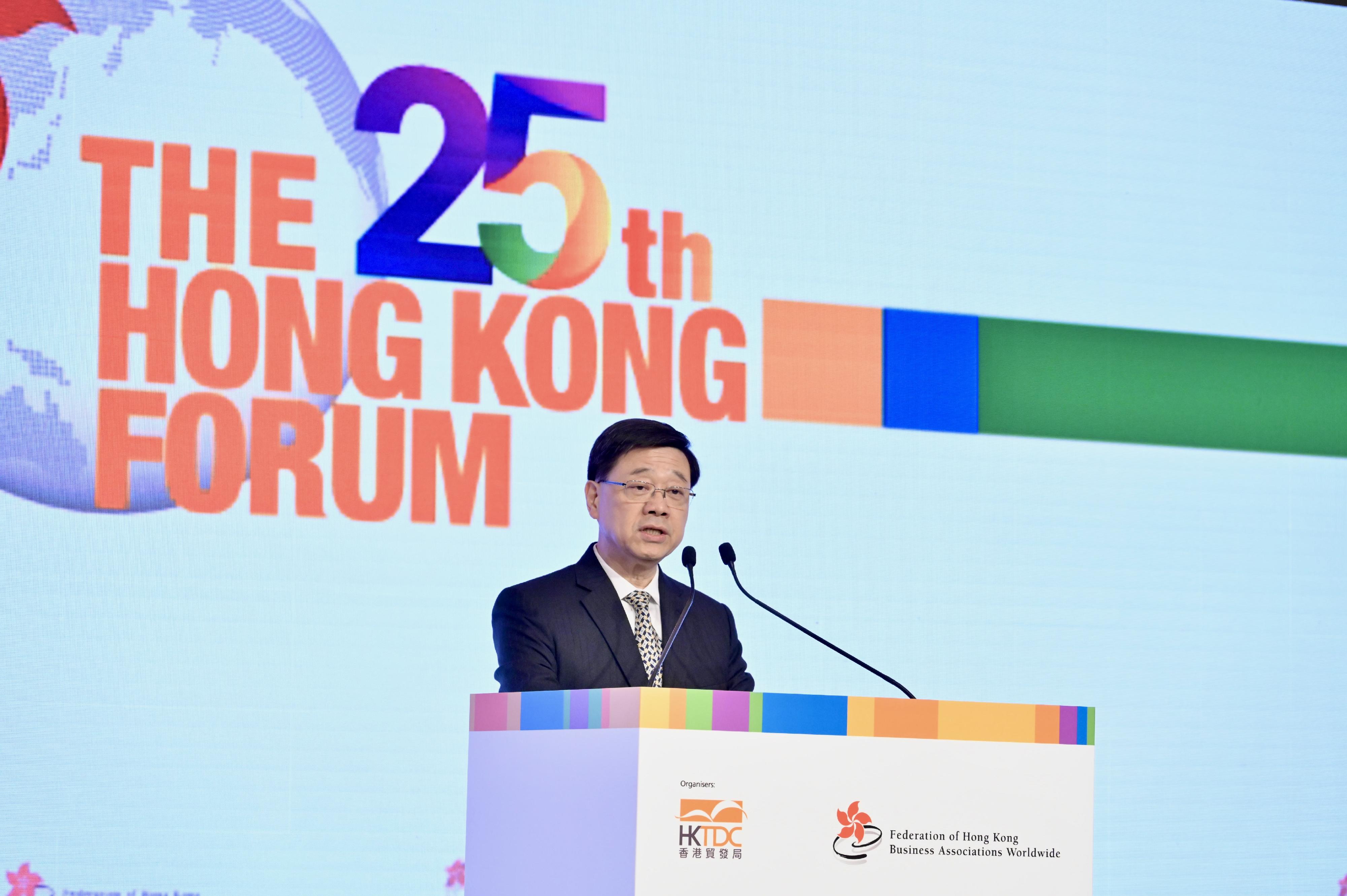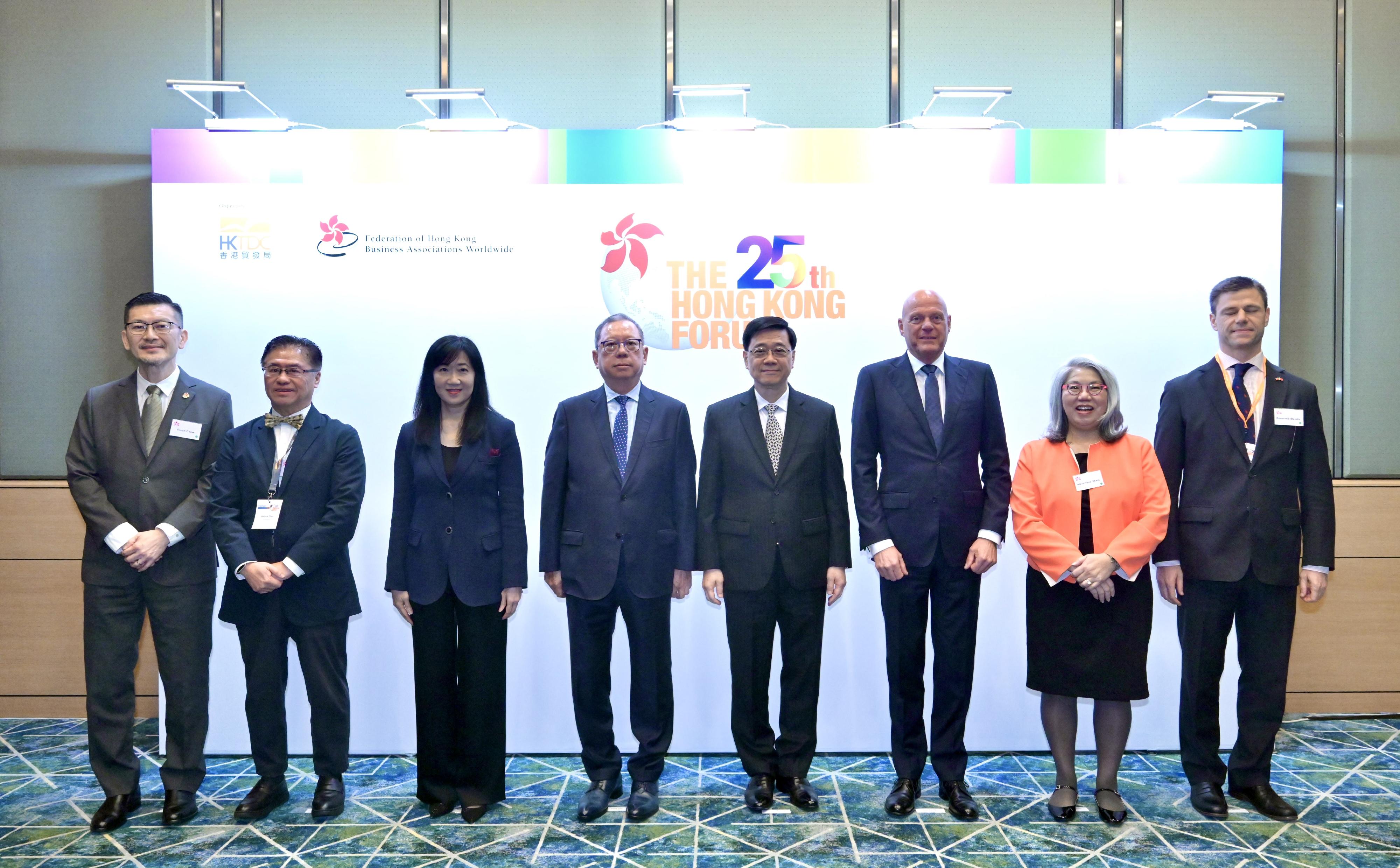LCQ18: Enhancing district governance
Following is a question by Dr the Hon So Cheung-wing and a reply by the Secretary for Home and Youth Affairs, Miss Alice Mak, in the Legislative Council today (December 4):
Questions:
It has been reported that the Secretary for Home and Youth Affairs led a delegation of all 18 District Officers (DOs) earlier on to Beijing and Zhejiang for a study programme on district governance, which included understanding the concept of co-ordinating different community organisations to participate in local governance through studying the “Fengqiao Experience” and the “Pujiang Experience”, with a view to enhancing district governance. In this connection, will the Government inform this Council:
(1) of the relevant details of the “Fengqiao Experience” and the “Pujiang Experience”, including the specific insights gained by DOs therefrom; whether it has studied how the essence of those Experiences will be applied to the district governance of Hong Kong in the future;
(2) whether it has plans to arrange for the members of various District Councils (DCs) to go to the Mainland to study the experience of district governance there; how it will train DC members to achieve the goal of being “mindful of the people, their responsibilities, and the rules”;
(3) given that the seventh-term DCs have operated for nearly one year, whether the Government has compiled statistics on the specific tasks and contributions of various DCs so far, and whether it has reviewed if all of those tasks have met the performance indicators; and
(4) given that the operation of DCs has been comprehensively enhanced, with various DCs being chaired by DOs of the respective Districts, whether the Government has reviewed if DCs have encountered new challenges that need to be overcome in the course of the enhanced operation?
Reply:
President,
The Home and Youth Affairs Bureau (HYAB) provided a series of trainings to District Officers (DOs) and District Council (DC) members in 2024 to enhance their capabilities in discharging their duties and the efficacy of district governance on an on-going basis.
For the individual parts of the question, our consolidated reply is as follows:
(1) & (2) The Secretary for Home and Youth Affairs led a delegation of 18 DOs for a study programme on district governance in April 2024, comprising lectures at the National Academy of Governance and a visit to Zhejiang Province, so to have a deeper understanding of the national policies and development and learn about the experiences in district governance in the Mainland. Subsequently, the HYAB also arranged DC members to visit Zhejiang Province or Shanghai by batches from July to October 2024 to study the national theories of grassroots governance and conduct site visits to observe first-hand the practical experiences of district governance in the Mainland.
The tenets of “Fengqiao Experience” are to have the well-being of the people close to our hearts, and to systematically prevent and resolve conflicts at early stages; while “Pujiang Experience” advocates for “turning people’s petitions into leaders’ personal outreach to the grassroots, connecting with the people, and dedicating real effort to understand and address the needs of the people with hearts”. These experiences emphasise on building a strong relationship between the Government and the people so to strengthen grassroots governance.
Through lectures and visits to better understand the application of “Fengqiao Experience” and “Pujiang Experience” in different places in the Mainland, DOs and DC members appreciate the need to enhance communication with the people in district governance. They have to understand the people’s pressing issues and problems that are of concern so as to address their issues and problems early. People could then have a sense of satisfaction and fulfilment in their daily life. For example, after the improvements to governance at the district level, when torrential rain causes flooding in certain areas, District Offices, DCs and District Services and Community Care Teams (Care Teams) would plan disaster prevention work well ahead of time, so as to identify, address and resolve difficulties faced by the people pre-emptively. DOs, together with DC members and relevant departments, would also visit locations affected by flooding and formulate suitable improvement measures for the future. DC members would also actively assist District Offices in engaging residents to expedite the implementation of improvement measures so as to benefit local residents and improve their living environment early.
(3) Since the new-term DCs took office in January 2024, their advisory and service functions have been markedly enhanced and the overall performance has been satisfactory. After taking office, DCs immediately addressed the issues of concern in the district and collected views from the people. Various committees and working groups were also established to follow up on district affairs. DC members have also actively participated in district work and set up their ward offices. To strengthen their communication and interactions with residents, DC members have been meeting residents in person regularly under the “Meet the Public Scheme” arranged by the District Offices, as well as setting up street counters and visiting buildings in the district in person. DC members have been discharging their duties to ensure effective two-way communications between the Government and the public.
DC Secretariats have regularly uploaded DC members’ attendance at meetings to the DC website for reference by members of the public. Pursuant to the Performance Monitoring Guidelines for DC members, DC members are required to submit work reports to DC Chairmen every year, elaborating on the major work done during the year. The work report shall be completed within two months after the end of the reporting period. The HYAB have all along been monitoring the work of DCs and DC members, so to ensure DC members fulfil their duties and responsibilities.
(4) Under the improved governance at the district level, DOs serve as the DC Chairmen, the commanders of Care Teams, as well as the Chairmen of the District Management Committees. Under the arrangement, DOs can better co-ordinate government departments, DC members, Care Teams and district committees, so to facilitate their collaboration and create synergy to serve the public more effectively. The public also have higher expectations on the Government in relation to district governance, especially on resolving district issues that were long-standing, large scale and complex. DOs would balance between different perspectives and adopt pragmatic and innovative approaches. They would deploy resources and manpower efficiently, and strengthen the co-ordination amongst district organisations and groups to work with the Government, so that the Government’s policies can be fully implemented in the district and ultimately benefit the people. read more




